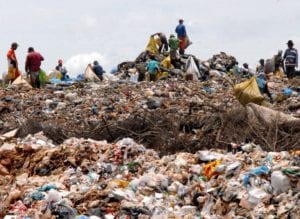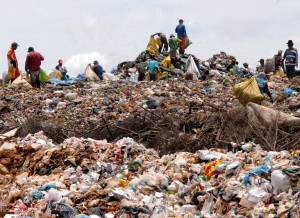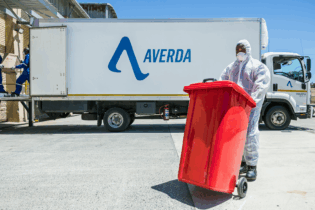South Africa’s landfill sites are home to a thriving hidden economy that saves municipalities an estimated R700 million every year.
This is according to a recent study by researchers affiliated to the DST-NRF Centre of Excellence in Food Security (CoE). The study examined the small communities of ‘waste pickers’ who have created livelihoods by scavenging recyclables, food and other useful items off the rubbish dumps.
An interdisciplinary team of collaborators, under the guidance of the Principal Investigator, Professor Rinie Schenck of the University of the Western Cape, studied these marginalised communities to better understand this informal economy.
According to Professor Schenck waste pickers save South African municipalities an estimated R700 million every year. “They are essentially offering a free service to remove recyclable items from the landfill sites. This saves money in terms of landfill space, as well as the indirect costs of recycling and waste management.”








